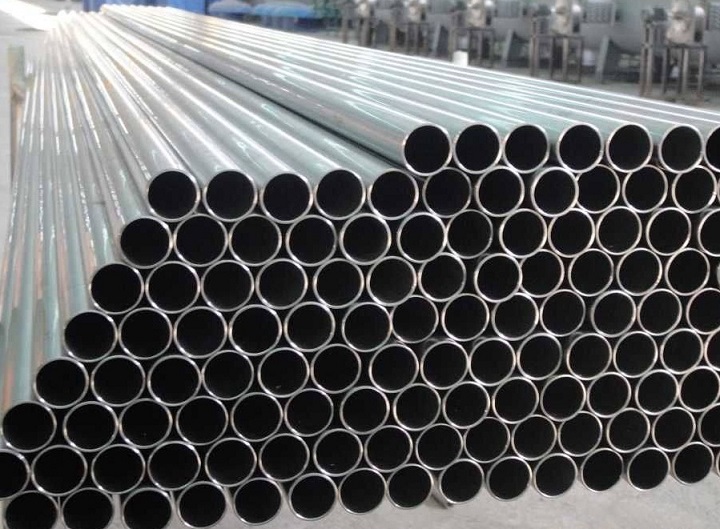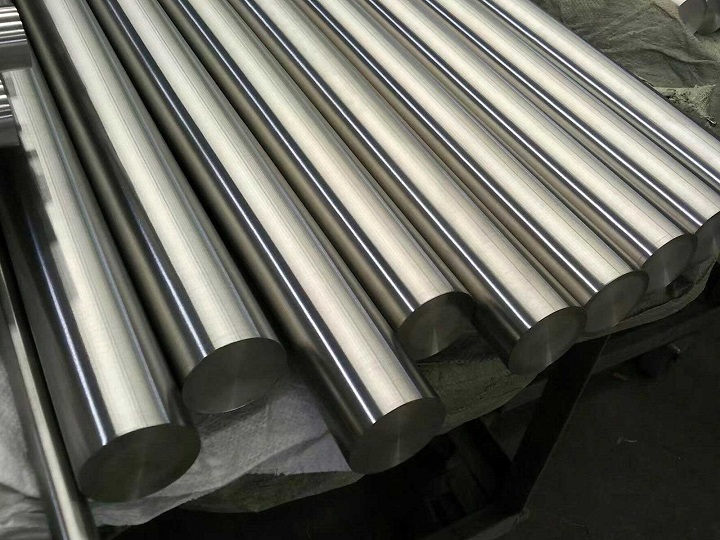Titanium Alloy Superplastic Forming Process & Its Applications

Titanium Alloy Superplastic Forming Process & Its Applications
Titanium alloy has the advantages of fatigue resistance, high specific strength, corrosion resistance, high-temperature resistance, stable chemical properties, and has been widely used in aerospace, and chemical fields, etc. However, titanium alloys also have shortcomings such as low elastic modulus, low plasticity, serious spring back, and poor cold working performance, which make it easy to spring back after processing. Therefore, scholars and experts from various countries have strengthened the research on the superplasticity of titanium alloys. In this article, let's take a look at the titanium alloy superplastic forming process and its applications.

Titanium Alloy Superplastic Forming Process
Before going any further, let's figure out what's superplasticity.
Superplasticity refers to the phenomenon that a material exhibits abnormally low rheological resistance and abnormally high rheological properties under certain internal and external conditions. Common superplastic alloys include aluminum, magnesium, titanium, carbon steel, and stainless steel.
The Superplastic Forming Process of Titanium Alloy
Titanium alloy superplastic forming is to heat the titanium alloy to the superplastic temperature to cause superplastic deformation of the titanium alloy and gradually approach the mold surface until it is fully fitted with the mold to make a part that is the same as the mold surface.
1. High-Temperature Heating
Titanium alloy superplastic forming generally adopts the heating method in the mold furnace. That is, put the mold into the furnace for high-temperature heating until it is heated to the temperature of superplastic forming (700 ℃ ~ 1000 ℃), and then put the titanium alloy raw material into the mold, and rely on the heat conduction of the mold to heat the titanium alloy raw material to superplastic forming temperature.
2. Seal
Because titanium alloy superplastic forming is air pressure forming, the mold and titanium alloy raw materials must be sealed.
3. Vacuum
In order to ensure that the titanium alloy parts are well attached to the mold and protect the titanium alloy raw materials, the mold cavity must be vacuumed.
4. Protective Paint
Because the titanium alloy superplastic forming temperature is very high, to prevent its oxidation and hydrogen absorption, it is necessary to brush a protective coating on the surface of the titanium alloy raw material to play the role of a protective layer.
There are also certain special requirements for protective coatings. For example, a dense protective film can be formed, and it has good high-temperature resistance, thermal stability, and lubricity. The protective coating should not pollute the mold and titanium alloy parts, and it is easy to brush and clean. The more commonly used are graphite water agents, high-temperature paint, etc.
5. Inflation
The superplastic forming parts should be pressed into a certain pressure of inert gas (such as argon) to prevent the titanium alloy from oxidizing and absorbing hydrogen at high temperatures, and the charging rate should be slow.
Applications of Titanium Alloy Superplastic Forming Process
The titanium alloy superplastic forming process has been used in the production of emergency doors for the Bae 125 administrative aircraft, reducing the weight of the aircraft by 10% and the cost by 30%.
The titanium alloy superplastic forming process is also used in the production of the F15 fighter's heat shield, engine nozzles, landing gear doors, and the upper part of the rear fuselage, which reduces the weight of the F-15 fighter by 72.6Kg.
In addition, the titanium alloy superplastic forming process is also used in the production of the B-1 bomber's inspection hatch and nacelle frame, which reduces the weight of the B-1 bomber by 31% and reduces the cost by 50%.
Conclusion
Thank you for reading our article and we hope it can help you to have a better understanding of the titanium alloy superplastic forming process and its applications. If you want to know more about titanium and titanium alloys, we would like to advise you to visit Advanced Refractory Metals (ARM) for more information.
Advanced Refractory Metals (ARM) is a worldwide supplier of titanium products and has over two decades of experience in the manufacture and sale of high-quality titanium and titanium alloys to meet our customers' R&D and production needs. As such, we are confident that ARM will be your favorite titanium product supplier and business partner.
{{item.content}}
LEVE A REPLY
{{item.children[0].content}}
{{item.content}}






